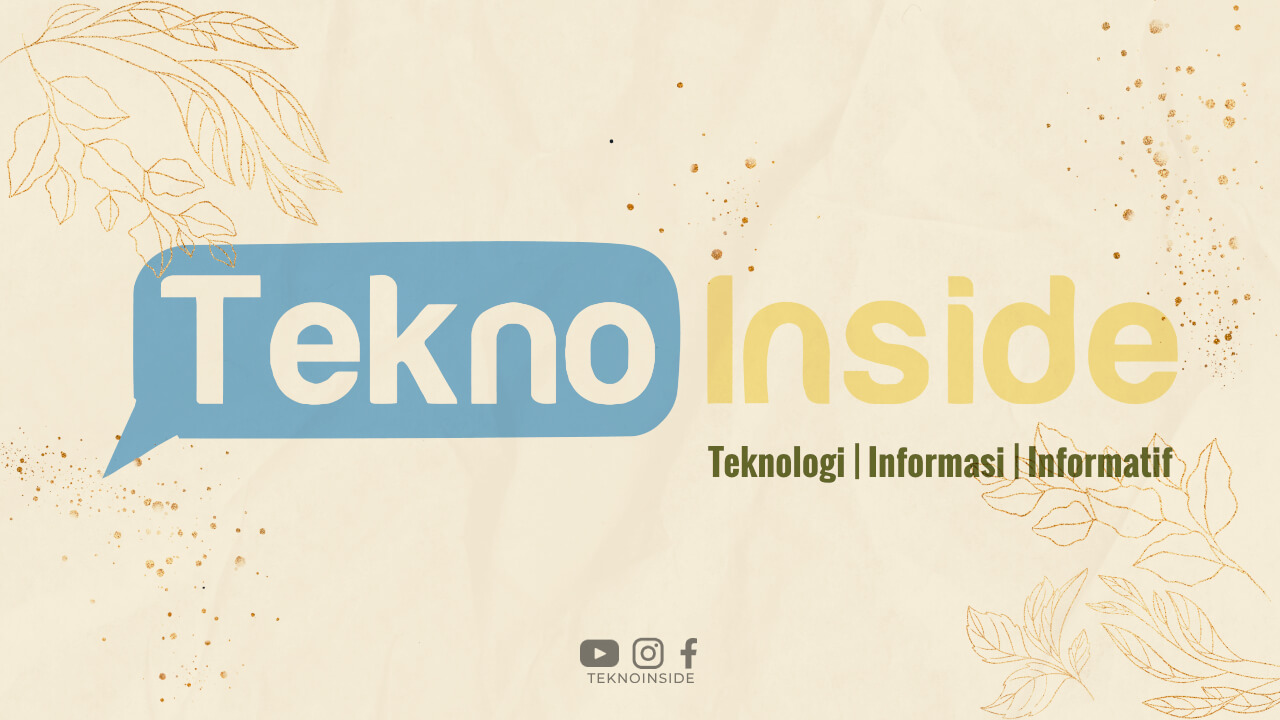When it comes to creating an online store, choosing the right ecommerce platform is crucial. One popular platform that has gained significant traction in recent years is Etsy. As an online marketplace focused on handmade, vintage, and unique items, Etsy has become a go-to platform for creative entrepreneurs and small businesses to showcase and sell their products.
But have you ever wondered what ecommerce platform Etsy itself uses?
Well, the answer might surprise you. Despite being a prominent player in the ecommerce industry, Etsy does not rely on any third-party ecommerce platforms. Instead, it has built its own proprietary platform from scratch, tailored specifically to its unique needs and requirements.
The Benefits of a Proprietary Ecommerce Platform
Creating a custom ecommerce platform allows Etsy to have complete control over its features, functionality, and user experience. By developing their own platform, Etsy can continually optimize and enhance the selling experience for both sellers and buyers on their website.
One of the major advantages of a proprietary platform is the ability to cater to the specific needs of Etsy’s niche market. The platform is designed to handle the intricacies of selling handmade and vintage items, ensuring a seamless and user-friendly experience for sellers and buyers alike.
Furthermore, having their own platform allows Etsy to adapt quickly to changing trends and technologies. They can implement new features and improvements without relying on external updates or waiting for third-party providers to catch up.
The Technology Behind Etsy’s Ecommerce Platform
Etsy’s ecommerce platform is built using a combination of languages and technologies. The frontend is primarily built using HTML, CSS, and JavaScript, providing a visually appealing and interactive user interface.
On the backend, Etsy relies heavily on the open-source programming language, Ruby. They use the Ruby on Rails framework, known for its simplicity and efficiency in building web applications. This technology stack enables Etsy to handle the high volume of transactions and ensure the platform’s stability and security.
In addition to Ruby, Etsy also utilizes other technologies like MySQL for database management, Memcached for caching frequently accessed data, and Elasticsearch for efficient search functionality.
The Evolution of Etsy’s Ecommerce Platform
Since its inception in 2005, Etsy has continuously evolved its ecommerce platform to meet the growing demands and expectations of its users. The platform has undergone numerous updates and improvements, enhancing the overall shopping experience for both buyers and sellers.
Over the years, Etsy has introduced features like advanced search filters, personalized recommendations, and streamlined checkout processes. These updates aim to make it easier for buyers to discover unique products and for sellers to manage their online businesses effectively.
Etsy’s commitment to providing a secure and trustworthy marketplace has also led to the implementation of various security measures. The platform incorporates SSL encryption to protect sensitive user data and has a robust system in place to detect and prevent fraudulent activities.
The Future of Etsy’s Ecommerce Platform
As Etsy continues to grow and adapt to the ever-changing ecommerce landscape, it is safe to assume that their proprietary platform will undergo further enhancements and refinements. Etsy’s focus on innovation and user experience ensures that they will stay at the forefront of the online marketplace industry.
In conclusion, Etsy stands out from other ecommerce platforms by utilizing its own proprietary platform. This approach allows them to tailor their features and functionality specifically to the needs of their niche market. By building their platform from scratch, Etsy can continuously adapt, improve, and provide a seamless selling experience for its users.




